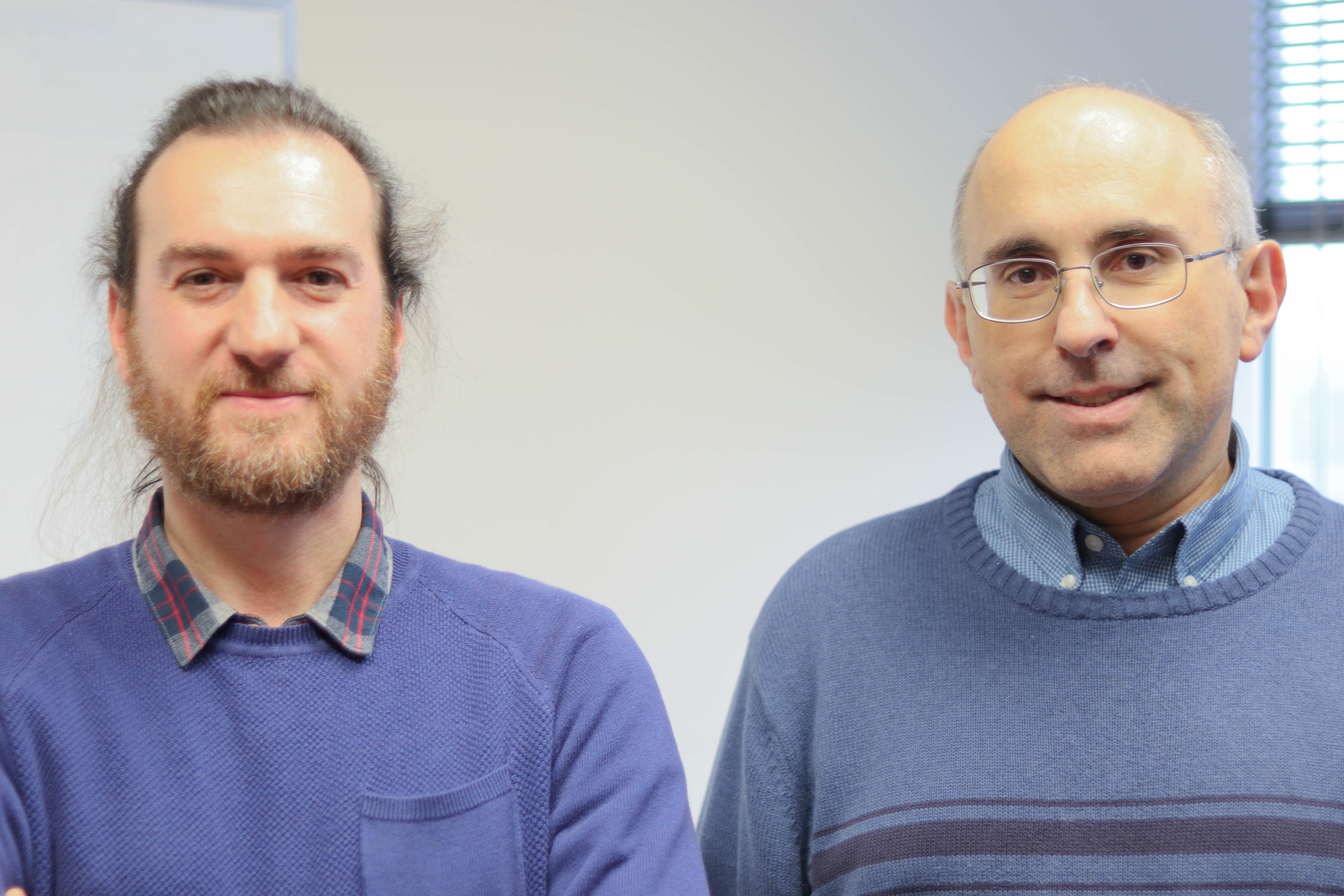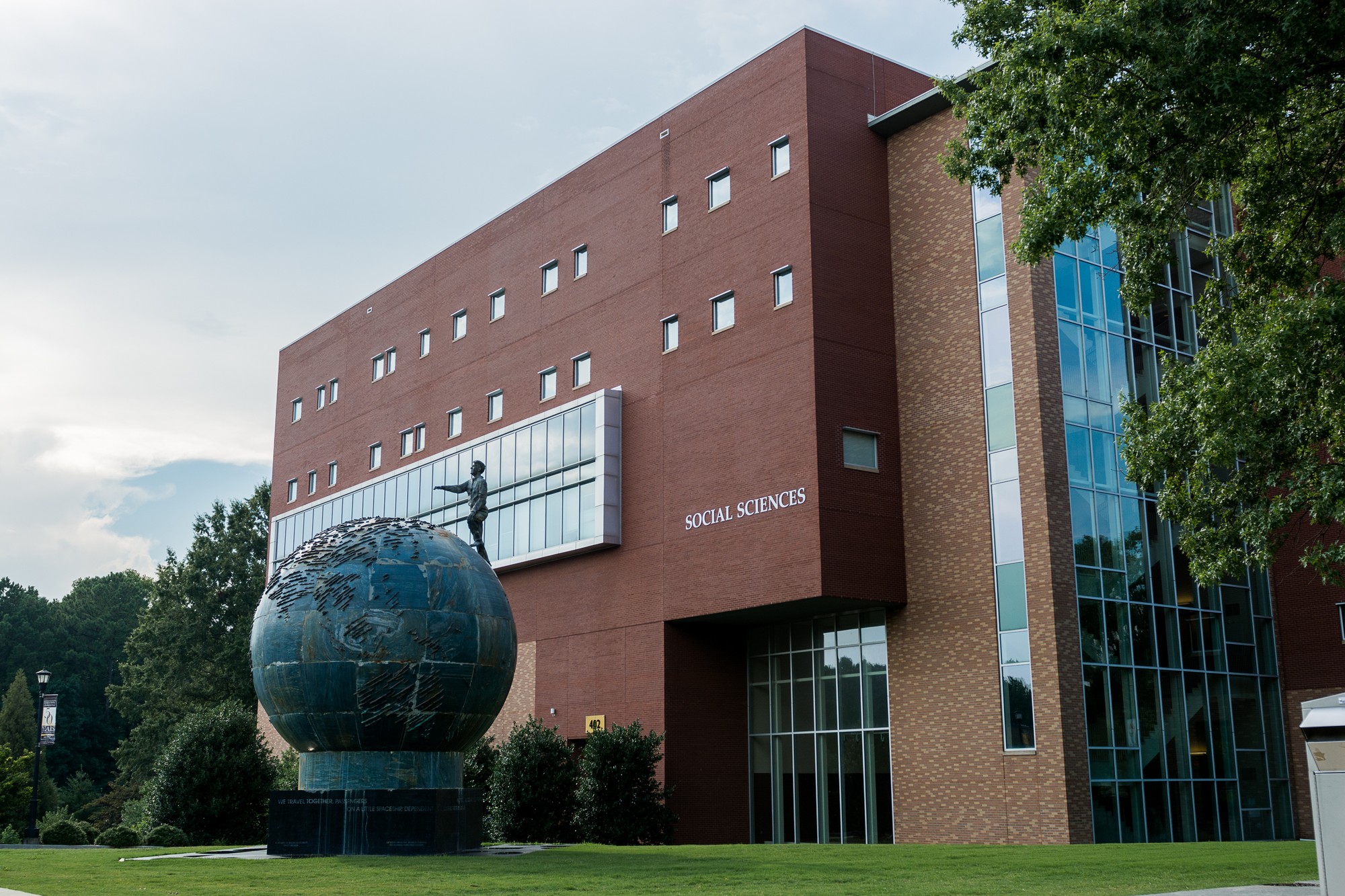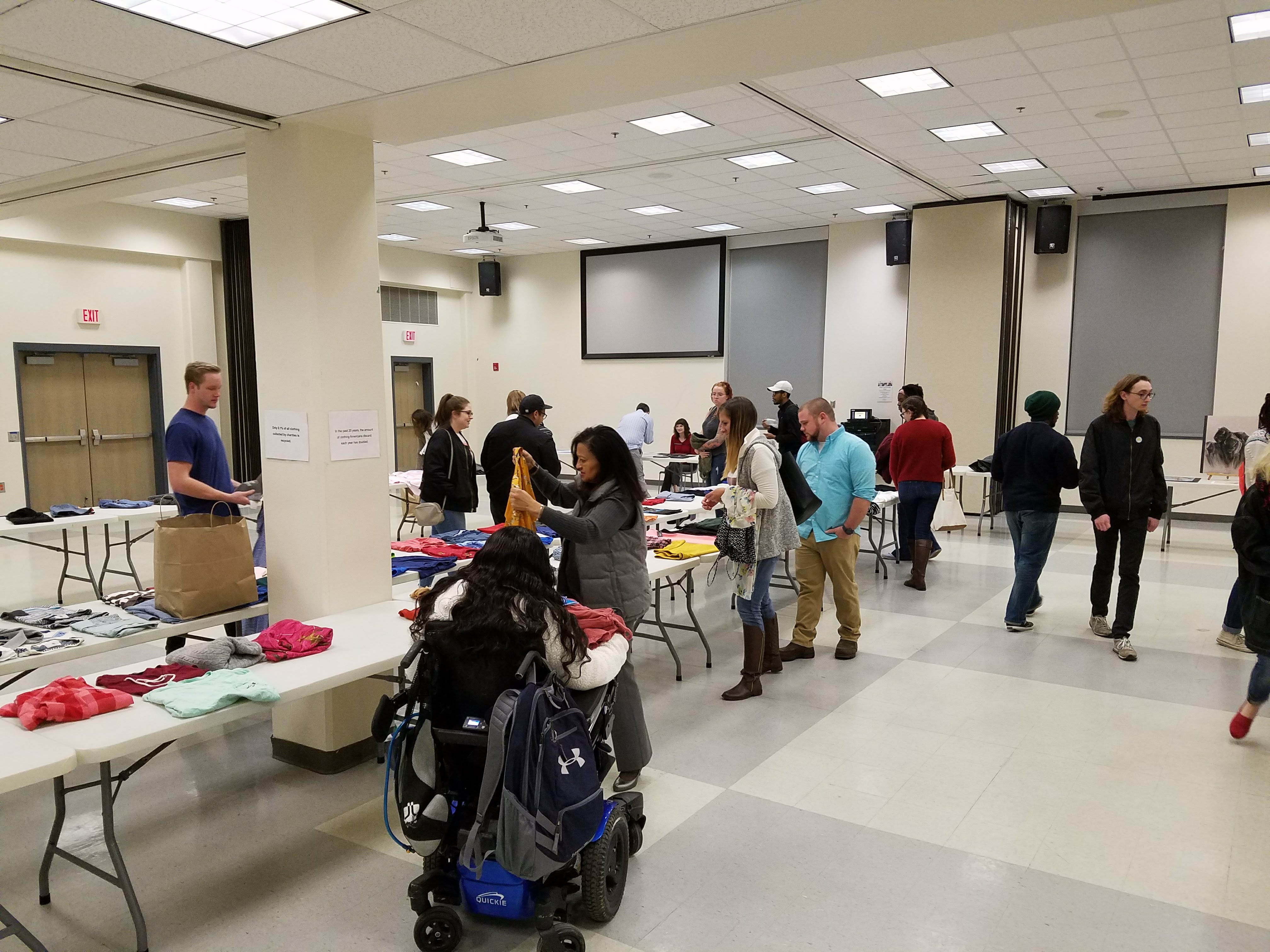The National Science Foundation awarded major grants to two Kennesaw State professors to support their research into particle physics.
The two grants total $288,830 and were awarded to Assistant Professor of Theoretical Particle Physics Marco Guzzi and Professor of Physics Dr. Nikolaos Kidonakis.
According to the Marietta Daily Journal, the professors’ research is meant to improve theoretical predictions in particle production experiments conducted at the Large Hadron Collider, the world’s most powerful particle collider. The LHC is located at the European Organization for Nuclear Research, known as CERN, near Geneva, Switzerland.
Kidonakis received a three-year grant of $180,000, and Guzzi received $108,830. Kidonakis is aiming to develop newer systems of formulas to create more accurate theoretical predictions of elementary particle processes and in models of new physics, according to the MDJ.
“The study of the top quark and the Higgs boson are central areas of elementary particle physics and its exploration at the LHC,” Kidonakis said.
Top quark and Higgs boson are two of the most heavily known subatomic particles, according to Science Daily.
“My theoretical calculations provide state-of-the-art predictions for processes involving these particles, and they have been widely used and cited,” Kidonakis said.
Kidonakis has been funded by the NSF since 2006, and this is the fifth grant in particle theory that he has received from the NSF at KSU. Kidonakis was also named the No. 1 physicist since 2010 after a worldwide comprehensive study published by CERN earlier this year.
According to the MDJ, Guzzi’s goal is to improve the current knowledge of the distribution of quarks and gluons, the building blocks of matter within a proton, and building upon new theory predictions to search for new physics interactions. Guzzi joined KSU as an assistant professor last year.
“Being one of the few physicists active in theoretical high-energy physics and collider phenomenology in Georgia and the Southeast and being awarded my first NSF grant encourages and motivates me to continue to put efforts in this direction,” Guzzi said.




